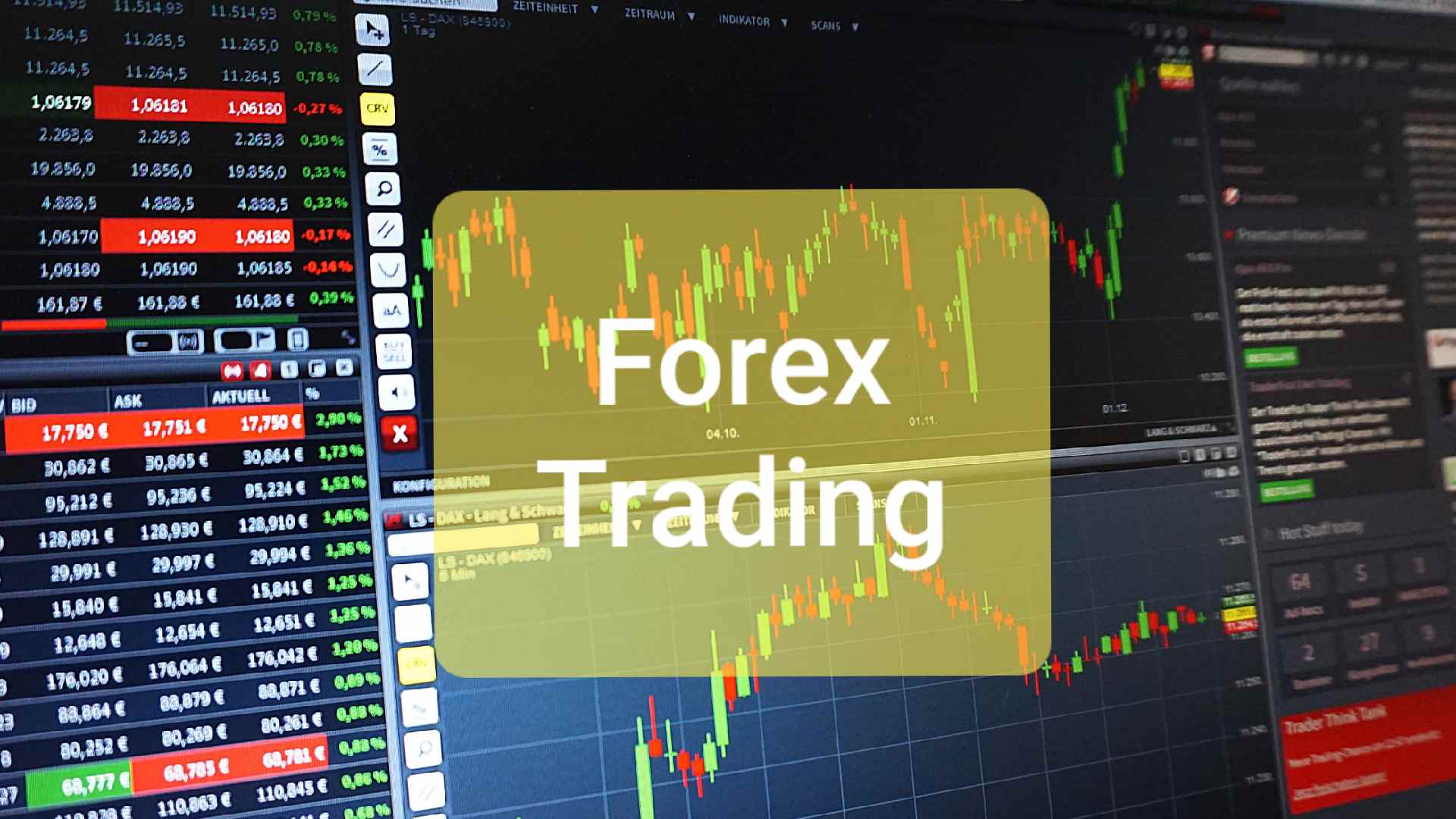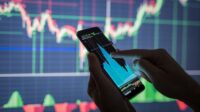Mastering Forex Dynamics: A Guide to Crafting Your Ideal Trading Station
Forex trading, with its dynamic nature and potential for lucrative returns, requires a well-crafted trading station that caters to the unique needs of traders. In this guide, we’ll explore the essential elements of mastering Forex dynamics, focusing on creating an ideal trading station that enhances efficiency, minimizes risks, and promotes a conducive environment for making informed decisions.
Brief Overview of Forex Trading
Forex, or foreign exchange trading, involves the buying and selling of currencies on the global market. It is a decentralized market that operates 24 hours a day, providing ample opportunities for traders to capitalize on currency fluctuations.
Importance of an Ideal Trading Station
The trading station serves as the command center for every Forex trader. An optimal trading environment contributes significantly to a trader’s success by offering the necessary tools, comfort, and psychological support.
Setting Up Your Trading Environment
Choosing the Right Hardware
1. Computers and Monitors
Investing in reliable hardware is crucial for seamless trading operations. High-performance computers and multiple monitors facilitate efficient multitasking.
2. Internet Connection
A stable and high-speed internet connection is non-negotiable in Forex trading. Lag or downtime can lead to missed opportunities and financial losses.
Selecting the Best Software
1. Trading Platforms
Choosing a reputable trading platform is the foundation of a trader’s success. Evaluate features, user interface, and available assets before making a selection.
2. Analytical Tools
Supplementing your trading platform with advanced analytical tools enhances market analysis and decision-making.
Ergonomics and Comfort
Importance of Ergonomics in Trading
Neglecting ergonomics can lead to physical discomfort and decreased trading efficiency. A well-designed workspace promotes focus and reduces the risk of health issues.
Designing a Comfortable Workspace
1. Proper Chair and Desk
Invest in an ergonomic chair and desk to support prolonged trading sessions.
2. Adequate Lighting
Ensure proper lighting to reduce eye strain and create a conducive trading atmosphere.
Customizing Your Trading Software
Tailoring Chart Settings
1. Timeframes and Candlestick Patterns
Adjust chart settings based on your trading style and preferences.
2. Indicators and Oscillators
Select indicators that align with your strategy and improve decision-making.
Automation and Algorithmic Trading
1. Benefits of Automation
Automate repetitive tasks and execute trades based on predetermined criteria for efficiency.
2. Risks and Considerations
Understand the risks associated with algorithmic trading and implement safeguards.
Risk Management Strategies
Setting Stop-Loss and Take-Profit Levels
Establishing clear risk parameters protects your capital and minimizes potential losses.
Diversification and Portfolio Management
Diversify your investments to spread risk and manage a well-balanced portfolio.
Psychological Preparedness
Understanding Trader Psychology
Recognize the psychological aspects of trading, including fear, greed, and patience.
Techniques for Emotional Control
1. Mindfulness and Meditation
Incorporate mindfulness techniques to stay present and focused during trading.
2. Journaling
Keep a trading journal to reflect on emotions and decisions, fostering self-awareness.
Continuous Learning and Improvement
Staying Informed about Market Trends
Regularly update your knowledge of market trends and economic indicators.
Regularly Evaluating and Adjusting Strategies
1. Learning from Mistakes
Acknowledge and learn from trading mistakes to refine your approach.
2. Adapting to Market Changes
Stay flexible and adjust strategies based on evolving market conditions.
Building a Support Network
Importance of Networking in Forex Trading
Engage with fellow traders to share experiences, insights, and strategies.
Engaging with Trading Communities
1. Online Forums and Social Media
Join online communities to discuss market trends and gain valuable perspectives.
2. Local Trading Meetups
Participate in local meetups to establish connections with traders in your area.
The Importance of Backtesting
Overview of Backtesting
Simulate historical market conditions to assess the viability of your trading strategies.
Implementing Backtesting in Your Trading Routine
Incorporate backtesting regularly to refine and optimize your trading approach.
Adapting to Market Conditions
Recognizing Different Market Phases
Identify trending, ranging, and volatile market conditions to adjust strategies accordingly.
Adjusting Strategies Accordingly
Modify your approach based on the prevailing market phase for optimal results.
Security Measures for Traders
Protecting Your Trading Accounts
1. Two-Factor Authentication
Enhance the security of your accounts with two-factor authentication.
2. Secure Internet Connections
Avoid public Wi-Fi and use secure internet connections to protect sensitive information.
Tax Considerations for Forex Traders

Understanding Tax Implications
Be aware of tax obligations and implications related to your Forex trading activities.
Keeping Accurate Records
Maintain detailed records of your trades, profits, and losses for tax reporting purposes.
Common Pitfalls to Avoid
Overtrading and Impatience
Resist the urge to overtrade and remain patient, avoiding impulsive decisions.
Ignoring Risk Management Principles
Prioritize risk management to safeguard your capital and long-term success.
Conclusion
Summarizing Key Points
Crafting your ideal trading station involves a holistic approach, considering hardware, software, psychology, and continuous learning.
Encouraging Ongoing Learning and Improvement
Emphasize the importance of continuous learning, adaptation, and improvement for sustained success in Forex trading.
FAQs :
- Can I start Forex trading with a basic computer setup?
Yes, a basic computer setup is sufficient, but investing in a reliable system can enhance your trading experience.
- How often should I update my trading strategies?
Regular updates are essential. Review and adapt your strategies based on changing market conditions and personal experiences.
- Is algorithmic trading suitable for beginners?
Beginners can explore algorithmic trading but should thoroughly understand the associated risks and start with caution.
- What role does psychology play in Forex trading?
Psychology significantly impacts trading decisions. Managing emotions and staying disciplined are crucial for success.
- How can I protect my trading accounts from cyber threats?
Use two-factor authentication, avoid public Wi-Fi, and maintain strong passwords to enhance the security of your trading accounts.
- Optimal Gold Trading Broker for Your Portfolio – December 17, 2023
- Top Gold Trading Brokers of the Year – December 17, 2023
- Strategies for Online Gold Trading Success – December 16, 2023







